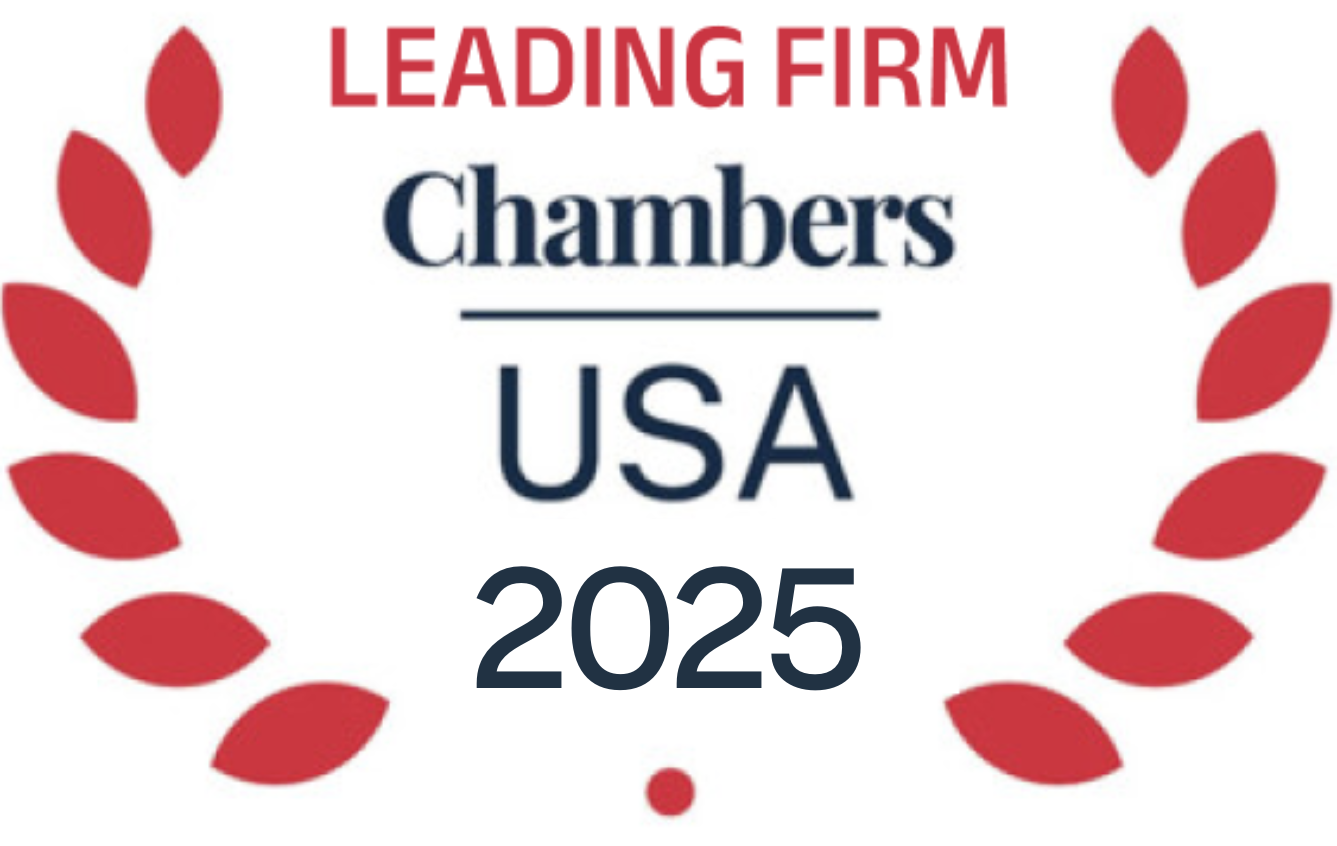
Professional Exemption
The federal Fair Labor Standards Act (FLSA) mandates that anyone employed in the United States receive federal minimum wage and overtime compensation for qualified work. However, some categories of workers are considered exempt from the FLSA’s minimum wage and overtime protections, including learned and creative professionals.
The FLSA’s professional employee exemption applies to professionals who meet certain qualifications, or tests, concerning their job duties and compensation. There are three tests under the FLSA for exempt status, and an employee must meet the requirements of each test to qualify as exempt.
The three tests are:
-
- The salary level test
An exempt professional employee must earn at least $23,660 per year, or $455 per week. - The salary basis test
An exempt professional employee’s base salary may not change depending on hours worked or quality of work. - The job duties test
Different job duties tests apply for learned professionals (including individuals working in science, medicine, education, and law) and creative professionals (including individuals working in music, acting, writing, or the arts).
- The salary level test
Improperly classifying professional employees as exempt is a violation of both federal and state labor law. Professionals who have been improperly classified may be entitled to back wages, overtime pay, and other damages dating back up to several years of employment.
Are You Classified Correctly?
If you believe you’ve been intentionally or inadvertently improperly classified under the professional exemption, you may be eligible to file a wage claim to recover your damages.
Understand your rights as a worker. Call toll-free (800) 254-9493 or fill out the form to speak with an employment attorney about your potential wage claims. All consultations are free and confidential.
We Get Results for Employees
| Acosta | $9.9 million for unpaid overtime and business expenses |
| Spansion | $8.5 million for employees laid off without proper notice |
| Masco | Backpay for workers who were misclassified |
| Fleetwood | Backpay for employees laid off without proper notice |
| Cosmo | $1 million for merchandisers who were not compensated for off-the-clock work |
| First Franklin | Backpay for workers who were not paid overtime |




